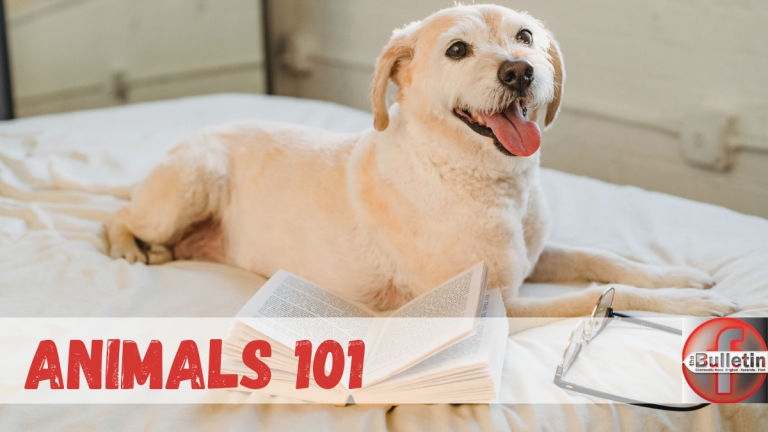
THE CRUELTY OF GROUNDING THOSE WHO WERE MEANT TO FLY.
In a world where exotic and wild birds are often kept as pets, the harsh reality of their captivity remains a pressing concern. Birds, inherently designed for flight and freedom, find themselves confined to cages that restrict not only their fundamental physical movement but also compromise their overall well-being. The allure of owning a feathered friend, often misguided by well-intentioned pet enthusiasts, has led to an increase in inadequate living conditions for these avian creatures. This article aims to shed light on the inherent cruelty of keeping birds in cages, emphasizing the mismatch between their natural needs and the captivity they endure.
The allure of cute videos featuring talking birds has captivated the hearts of many, sparking a desire in individuals to bring these charismatic feathered friends into their homes. However, the adorable snippets on social media often present an idealized version of bird ownership, glossing over the intricate care and commitment these intelligent creatures require. Many individuals, enchanted by the charming antics of talking birds, embark on the journey of ownership without fully comprehending the responsibilities involved. The result is often a well-intentioned but ill-prepared pet owner, unaware of the extensive needs, from proper cages and veterinary care to social interaction and mental stimulation, that accompany the joy of sharing a home with these fascinating birds.
THE ILLUSION OF ADEQUATE CAGES
One glaring issue in the realm of bird ownership is the deceptive marketing of cages, such as the so-called “African Grey cage,” which often fails to meet the fundamental needs of the birds it has to house. Birds, especially larger species like African Greys, are meant to soar through the skies, exploring expansive territories and exercising their wings. Unfortunately, most commercial cages severely limit these natural behaviours, providing little room for flight and exercise.
Read more on why birds need to fly here.
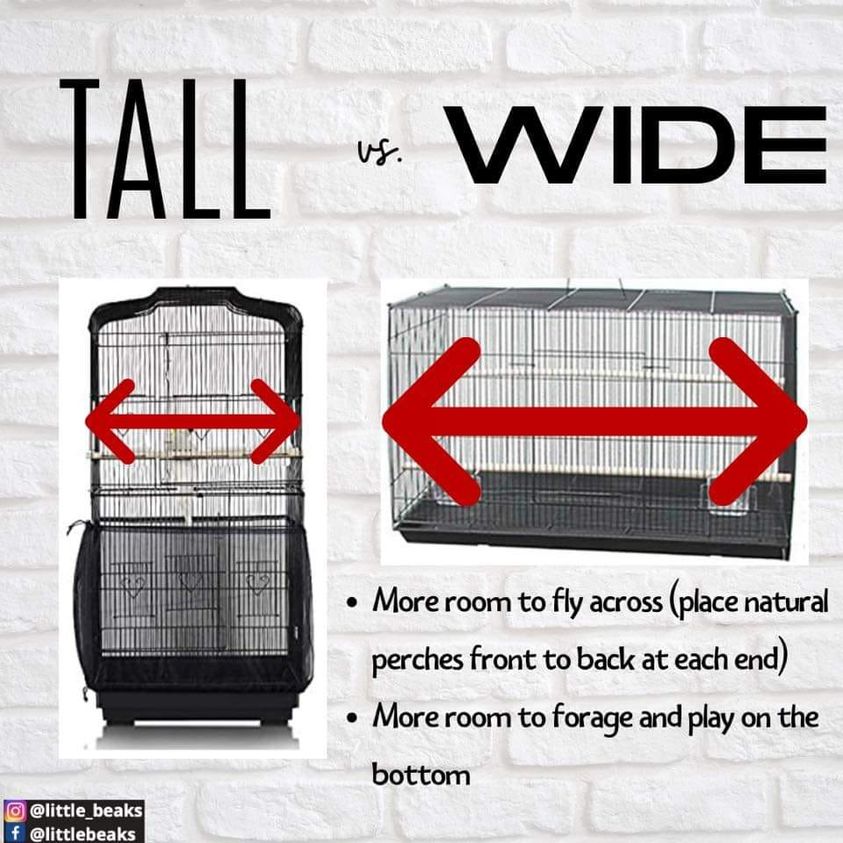
Vertical cages, another popular choice among bird owners, contribute to the confinement dilemma. Birds predominantly fly horizontally in the wild, making vertical cages an impractical choice. With a horizontal cage, there is more room to fly across and more room to forage and play on the bottom. Many birds struggle even to flap their wings properly within the confined space, let alone experience the joy of flight. If a bird can’t expand their wings to full length without touching the sides nor be able to fly in their cage, then the cage is definitely not large enough! Round cages for example can pinch their feet where the cage bars become smaller, so it can be a safety issue.
One of the five freedoms of animal welfare includes the opportunity to express natural behaviour. How much flight is your bird getting? This limitation results in physical and psychological distress for our feathered friends. Read more on enclosures for pets, including birds, here.
IGNORANCE AND INADEQUATE CARE
Beyond the physical constraints, the ignorance surrounding the proper care of birds exacerbates their suffering. Unlike cats and dogs, birds are not as domesticated (maybe tamed), making their needs distinct and often misunderstood. Many well-intentioned pet owners rely on advice from pet shops, assuming it to be comprehensive and in the best interest of the bird. Pet shops are in it for profit, not for improving the lives of animals, otherwise, they would not be selling them, fuelling the massive overpopulation crisis and encouraging impulse buying without proper homing! These sources rarely provide all the important information required for responsible bird ownership, if any.
Avian veterinary care is another aspect often overlooked. Many towns lack specialized avian veterinarians, leaving bird owners without access to crucial healthcare for their avian companions. Birds require regular check-ups, beak and nail trims, regular deworming and vitamins, and specialized diets to thrive. The absence of proper veterinary care further contributes to the cycle of neglect that captive birds endure.
Read here, why love for your pet, including parrots is not enough.
Our local bird educator is Shy and she can be contacted on 083 653 9755. She organizes and works closely with the Avian vet Dr. Maryke van Zyl who we bring to Secunda, hosted by Vetcross Eendedam Veterinary Clinic. The next visit is on 12 April so make sure you book with Shy.
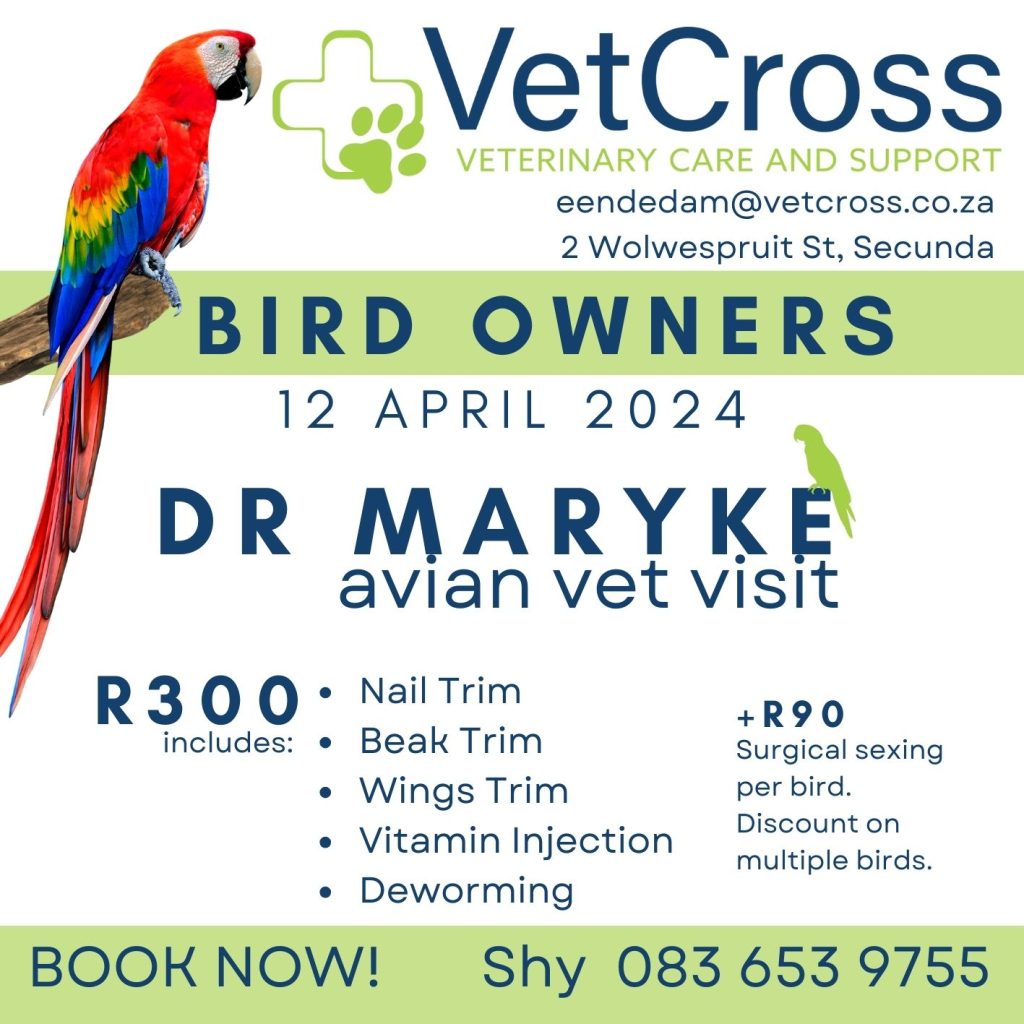
SOCIAL ISOLATION AND LACK OF ENRICHMENT
Birds are highly social creatures, thriving on interaction with their own kind. Yet, many are kept in solitary confinement, deprived of the companionship they crave. This isolation can lead to behavioural issues, anxiety, and even depression in these intelligent and social animals.
Enrichment, both mental and physical, is crucial for a bird’s well-being. Inadequate stimulation in a cage leads to boredom, frustration, and stereotypical behaviours, such as incessant feather plucking. Owners must provide toys, puzzles, and activities that mimic the challenges birds face in the wild, fostering a more fulfilling and natural life for their avian companions.
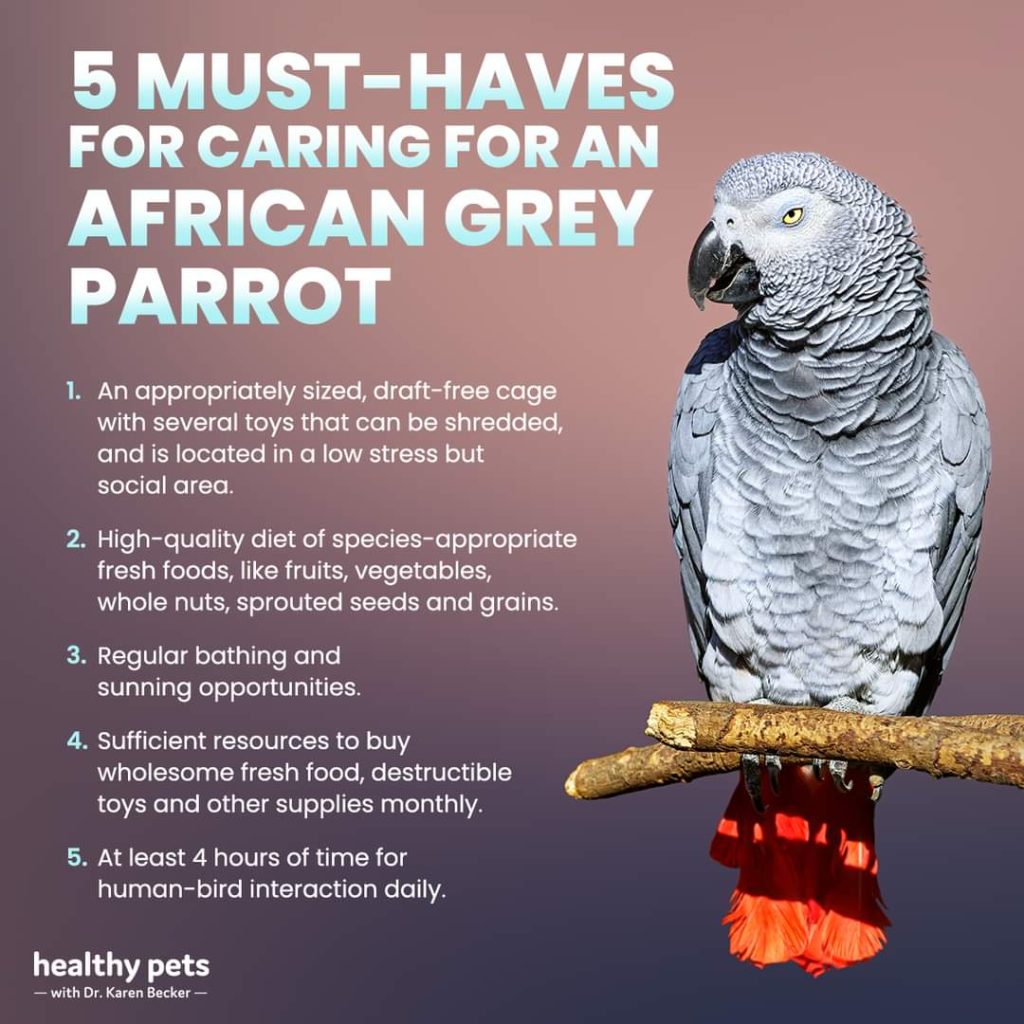
For many reasons, birds are not good starter pets for kids.
HIDDEN DANGERS IN THE HOME
The hazards of everyday household items pose yet another threat to captive birds. Non-stick pans, scented candles, air purifiers, gas heaters, and various chemicals emit fumes that can be toxic to your pets. Many pet owners are unaware of these dangers, inadvertently exposing their feathered friends to harmful substances that compromise their respiratory systems and overall health.
A LONGER COMMITMENT
The longevity of parrots, often living several decades, poses a unique challenge in the realm of pet ownership. Many well-meaning individuals acquire these intelligent and sociable birds without considering the lifelong commitment required. As these feathered companions age, they frequently find themselves passed on from one home to another, becoming casualties of changing circumstances or unprepared owners. For some parrots, this happens 6 or 7 times in their lifetime! Sadly, a significant number of these birds are not even included in their owner’s wills, leaving them in a state of uncertainty. The fortunate ones find solace in rescues or with dedicated rescuers who open their hearts to provide a haven for these neglected souls. Despite the rescuers’ best efforts to offer a vastly improved life, the birds, who are human-imprinted, bear the lifelong scars of their past. While these rescues bring comfort and care, the shadow of a life spent in cages persists, a sad reminder of the challenges faced by parrots who, through no fault of their own, endure a journey of many homes.
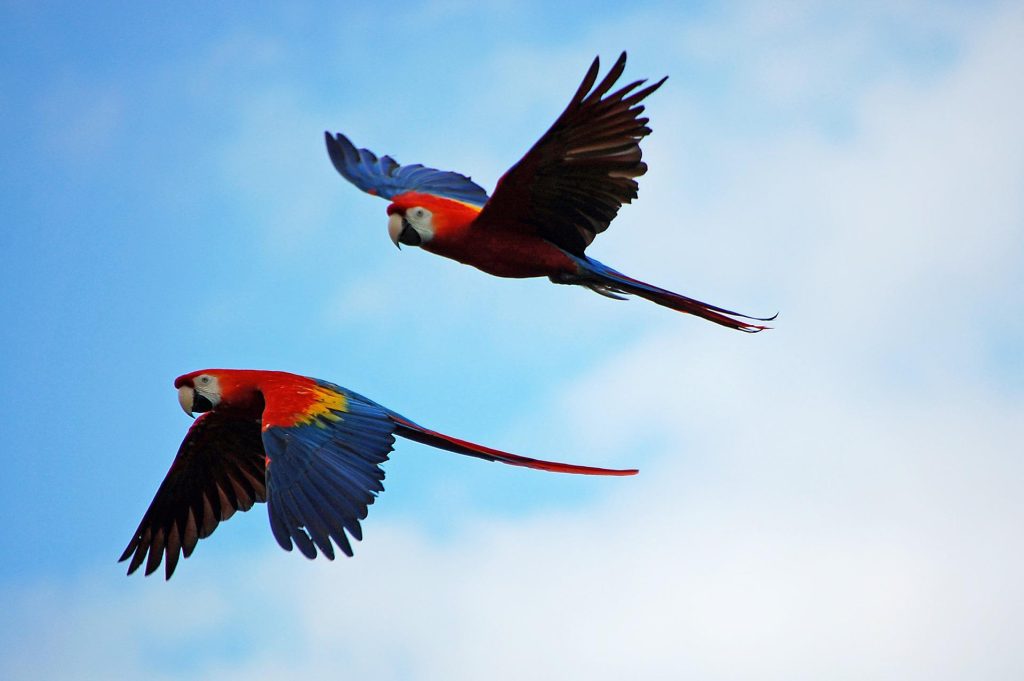
If you find wild birds in the Secunda area you can contact Shy 083 653 9755 or Stefan 079 771 7125 for guidance. Please do not give these birds to well-intentioned people, who do not have the permits or proper knowledge to take care of them. Remember that Pronutro is a no-go to feed! Read more on how to find missing parrots here and how to help wild birds here.
If you did your homework and still want a bird, please adopt and don’t support any free birds or breeders who are causing this problem that rescues must try to fix. Read more here on what to consider before you get a bird. Brainy Bird – Parrot Rescue and Rehabilitation is an awesome bird rescue you can volunteer at in Gauteng or support in other ways.
It is time for a collective awakening to the inherent cruelty of keeping birds in cages. The soaring melodies and vibrant plumage of these creatures should not be confined to the bars of a cage. Responsible ownership demands a deeper understanding of avian needs, a commitment to proper care, and the acknowledgment that birds are not mere ornaments but sentient beings deserving of a life that mirrors their natural instincts and behaviours. Let us unite in advocating for the rights of our feathered companions, ensuring they are not sentenced to a life of captivity but instead afforded the freedom and dignity they were born to experience.
We will fight not until the cages are comfortable, but until they are empty! Join us by not supporting this industry!
Next week we will look at what to do when your pets go missing.
WHEN YOU KNOW BETTER, DO BETTER!